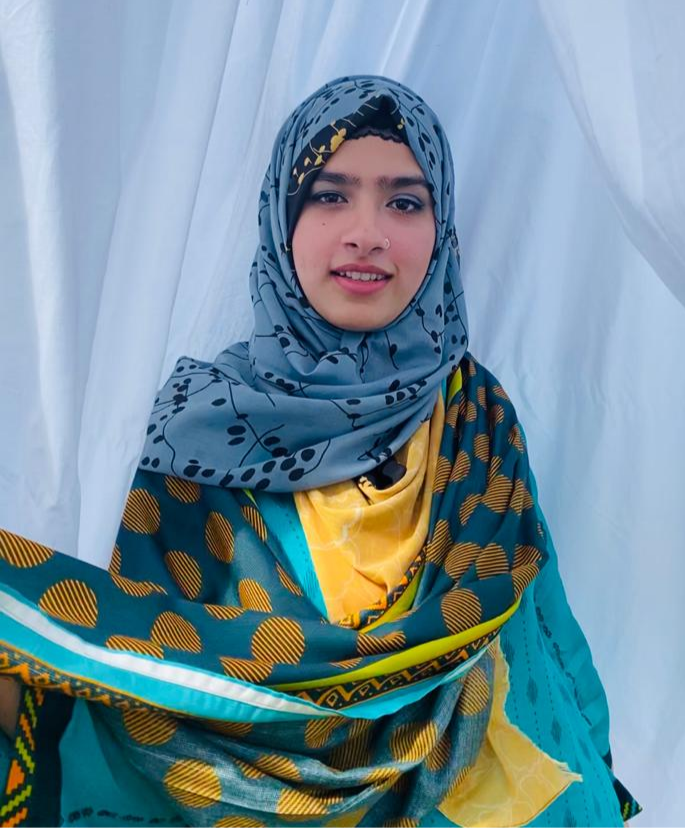
I am Jaweria, a recently qualified therapeutic radiographer and graduate from Sheffield Hallam University. You may be wondering what I am doing here. Well, I want to tell you about something I am really passionate about: the care of non-English-speaking patients. Why am I so passionate about this? Let me explain …
I wasn’t born in the UK and, when I came here with my parents from Pakistan seven years ago, we could not speak a word of English. It was really scary. Just talking to someone in a supermarket needed two hours of practice beforehand. I would literally rehearse a whole conversation to make sure I didn’t say anything stupid and embarrass myself. Now imagine someone in this position having to come for radiotherapy and how much worse it is for them. They are already vulnerable, and often struggling to keep it together, and on top of this they then have to meet a lot of new people who they don’t understand: all in an unfamiliar clinical environment.
Another reason I’m so passionate about this is because my parents’ English is not great: they can understand a bit, but not much. I imagine if they were to ever need radiotherapy treatment, they would be really apprehensive and frightened. They would not know how to communicate their worries to the staff, nor how to ask for any help they may need.
However, it’s not just about the language barrier; it’s about the culture too. In our culture, the doctors are always right no matter what, and if they tell you to do something, you do it. We tend not to ask questions in healthcare consultations and accept whatever health professionals tell us. It is so important that patients from all backgrounds and cultures understand that they have the right to ask questions, and feel able to share their worries with the staff.
During my clinical training, I met many patients who could not speak English. I remember a patient’s daughter once asking me if she could accompany her mum into the treatment room. She explained that her mum did not speak English, she didn’t understand what was happening and felt scared to come in for her treatment. While we were talking, her mother arrived, looking tense. Her daughter told her I was the student radiographer and that I could speak Punjabi too. I saw her mother visibly relax and she started to smile. And then she started talking. She asked me numerous questions about her treatment. What was it that we were going to do? Why? How was it going to help her? As we talked, I sensed that she felt reassured and she was more relaxed going into the treatment room. During the procedure, I explained every step of the process, ensuring she understood what was happening and why.
After her treatment, she asked whether I would also be in the next day. I confirmed that I would be, and she was just so happy to hear that. I left that day feeling like I had accomplished something good: I had been able to improve somebody’s treatment experience and help alleviate their fears.
As a student, it was not easy for me to speak up and take the lead in the setup of the patient while everybody was watching me. I suffer from anxiety and that day I pushed myself to my limits. However, what helped my confidence in that situation was the support of my radiographer colleagues. They asked me what languages I could speak, and suggested I use my language skills more often, reassuring me I didn’t need permission from another staff member. This, along with realising how big a difference it made to the patient, encouraged me to do it again.
This woman was just one of many patients I have seen who need extra language support, but in many cases they and their family members do not know how to access that help. Translation services are available at most NHS Trusts, and healthcare workers who can speak other languages can register themselves as volunteer translators. There may be members of your team with language skills you don’t know about that could be used to help patients like mine.
Effective communication helps patients feel at ease and improves their experience. Non-English-speaking patients can have a more difficult experience in healthcare. We can make this easier for them by taking more time with them and providing language support to ensure this often-vulnerable group of patients are able to receive the same level of care as others.